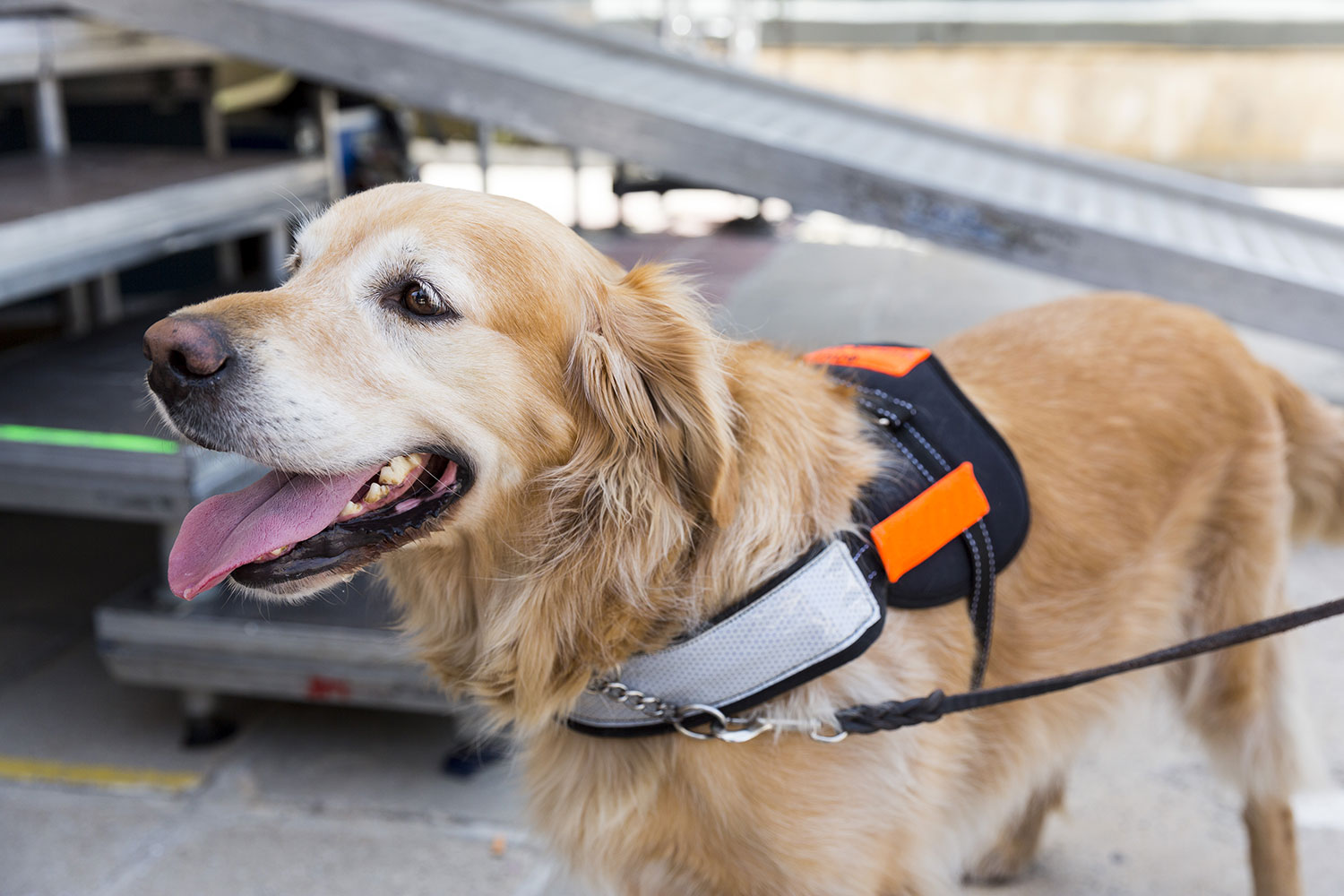
Businesses Are Required to Accommodate Service and Emotional Support Animals
Service animals are dogs that are individually trained to do work or perform tasks for people with disabilities.
Such work or task may include: guiding people who are blind, alerting people who are deaf, pulling a wheelchair, alerting and protecting a person who is having a seizure, reminding a person with mental illness to take prescribed medications, calming a person with Post Traumatic Stress Disorder (PTSD) during an anxiety attack, or performing other duties.
Emotional support animals are companion animals whose sole function is to provide comfort or emotional support to those with psychiatric or emotional disabilities or conditions. They do not qualify as Service animals because they are not trained to perform a disability-specific task.
Under both Illinois law, and the federal Americans with Disabilities Act (ADA), people with disabilities may bring their service animals to all “public accommodations”; such as, restaurants, museums, hotels, and stores. These laws also require operator of transportation services to allow service animals.
Illinois law and the ADA differ in some ways, but public accommodations in Illinois must comply with both sets of laws, and their patrons are entitled to rely on whichever law provides the most protections. The law applies to State and local government agencies, non-profit organizations, and businesses that provide goods or services to the public.
Which Animals Qualify as Service Animals in Illinois?
Under the ADA and Illinois law, owners of public accommodations are only required to allow service animals, not emotional support animals.
Which Public Accommodations Must Allow Service Animals in Illinois?
Under both Illinois law and the ADA, the definition of public accommodations is very broad. It includes: hotels, public transportation, restaurants, stores, gym, places of entertainment/recreation, libraries, educational institutions, and social service centers, among others.
What About Dogs that Pose Safety Issues?
A public accommodation is not required to allow a service animal to enter or remain if it poses a direct threat to the health or safety of others. The dog may be excluded or removed if its owner cannot control the animal.
For more information about the law pertaining to the accommodation of service dogs in your business or any other business matter, please call our experienced business attorneys at the Law Offices of Azita M. Mojarad, P.C.



